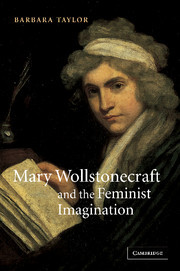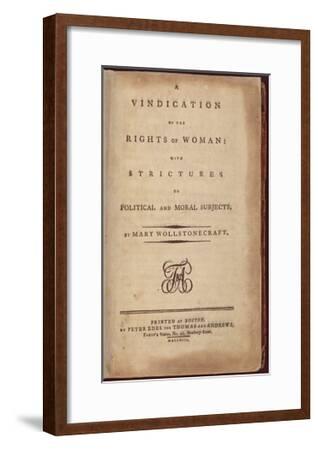

I examine three aspects of this rich and complex concept that Wollstonecraft draws on as she develops her own notion of independence as a powerful feminist tool. This should not be understood as an individualistic ideal that is in tension with the value of community but as an essential ingredient in successful and flourishing social relationships.

Independence is a central and recurring theme in Wollstonecraft’s work. The third and the final phase will discuss the results of Wollstonecraft's basic concepts on political theory, especially in relation with the French Revolution where these concepts have been expressed. The second phase will investigate the concepts and analysis that cover basic arguments of the modern feminist thought by focusing on her book " A Vindication of the Rights of Woman (1792) ". The first phase will try to present her methodological point of view and her basic thoughts by moving from her book " A Vindication of the Rights of Men (1790) ". The present study that has focused on Wollstonecraft's perception about " woman " and her thoughts about the French Revolution will investigate the topic in three basic phases. In this sense, relations that she made among freedom, equality, virtue, reason and genders and her criticism towards the societies of her era are important. Wollstonecraft produced classical writings that integrated political theory with gender roles and private relations.


These ideas of Wollstonecraft, who applied basic arguments of Enlightenment to the family, woman and private sphere, have constituted the foundation of modern feminism. Taking a position different from the modern male thinkers in her era, she expanded such ideas as " reason ", " natural rights ", " social contract " towards relations between genders and patriarchal authority of the family. Mary Wollstonecraft (1759-1797), attributing a particular importance to " woman "-in the narrow sense-and to all oppressed groups-in the broad sense-, has a peculiar position in the history of political thoughts.


 0 kommentar(er)
0 kommentar(er)
